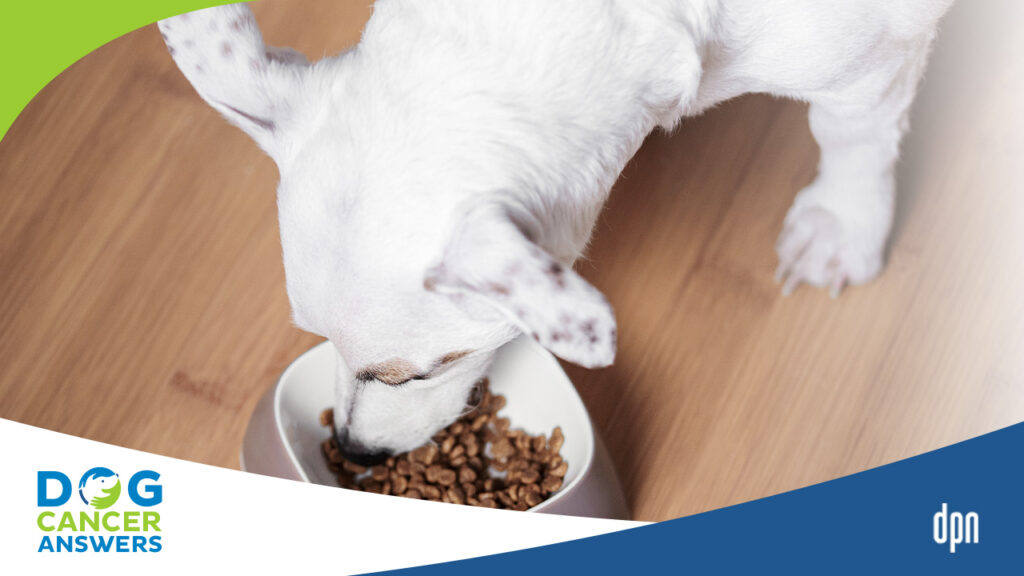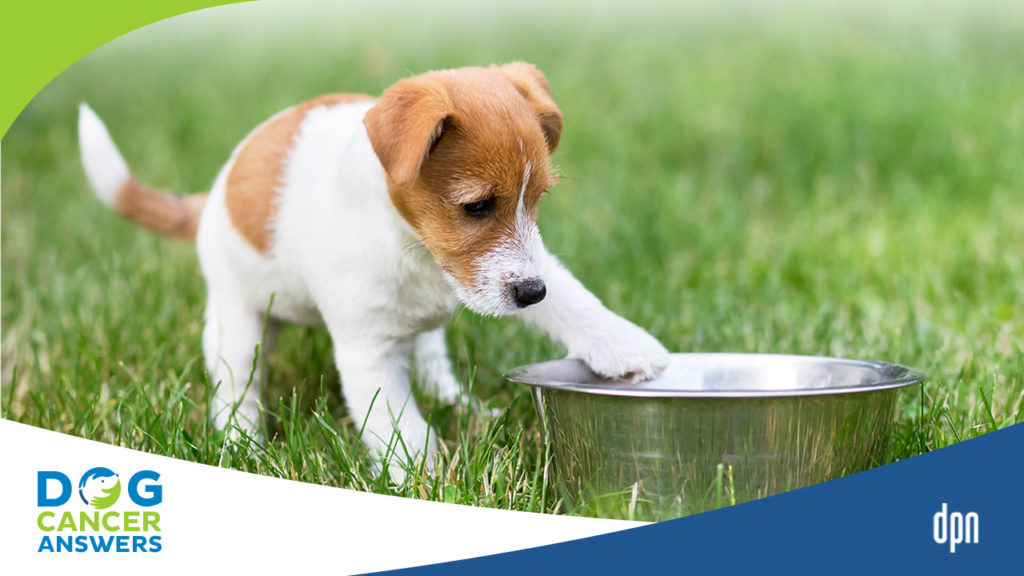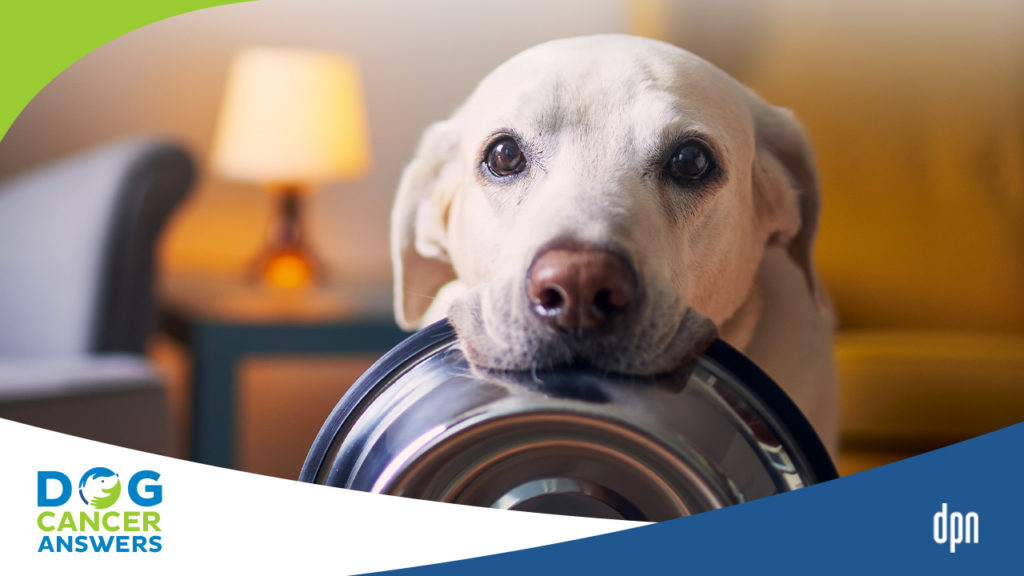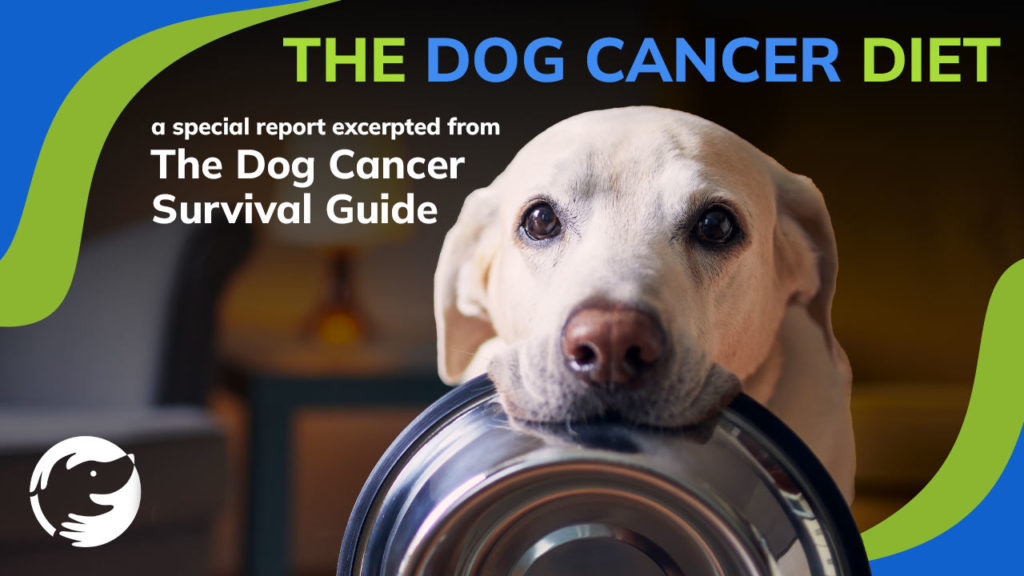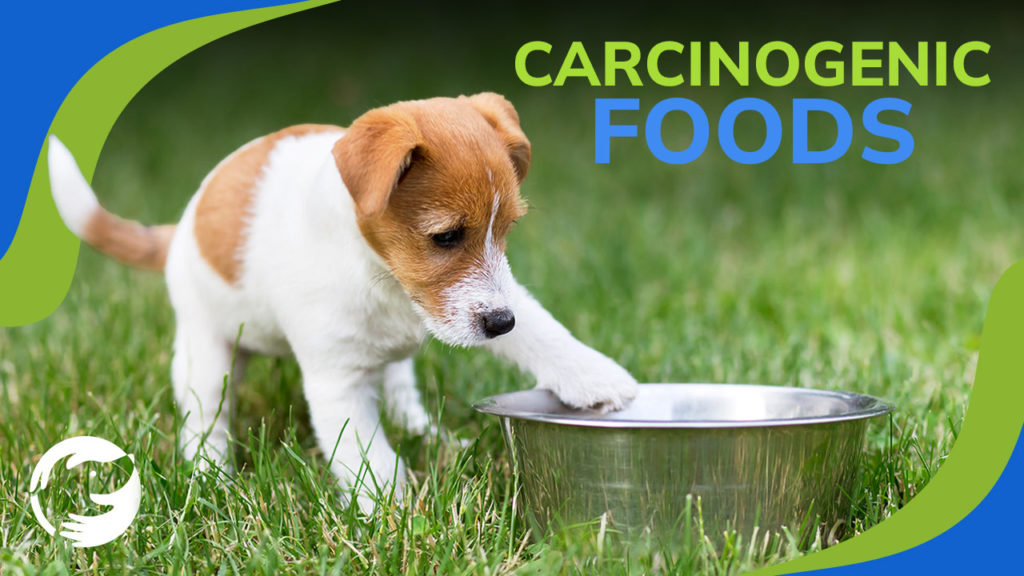
Feeding Carcinogenic Foods After You Dog has Cancer
Why do some veterinarians think you should skip kibble after your dog gets a cancer diagnosis? Dr. Dressler and Dr. Ettinger explain.
James Jacobson: A question that we get free frequently is from dog lovers who are dealing with the dog that has cancer and then they’re very conscious about the diet, and they’re conscious about “well, should I feed anything that could be potentially carcinogenic, and others should think your dog are already has a cancer, so I don’t need to worry about it too much. Dr. Dressler, what are your thoughts?
Dr. Demian Dressler: My opinion is it’s unwise to expose dogs that have cancer to further carcinogens. The reason is because in test tubes and petri dishes, it’s been shown that cancer cell DNA is unstable. What this mean is that cancers can change over a time. When we’re trying to treat a cancer, if the cancer shifts and changes to a more resistant type of cancer able to stand the treatment, then we lose ground. Carcinogens, cause changes in DNA that make the DNA change further and my opinion is can, if we expose pets to further carcinogens can increase the mutation rate of the cancers and potentially favor more resistant forms of cancer developed.
James Jacobson: Dr. Ettinger, any thoughts about the subject?
Dr. Susan Ettinger: Now, I think Dr. Dressler makes great points, but one thing i see some owners stressed out is when their pets are a little picky. Sometimes associated with treatment, or just along the course of their pet’s cancer. They get really stress if they won’t eat a certain diet. I think if there is certain time where it’s ok if the pet wants to eat. Maybe not to best diet, or wants to eat your prepared food that they wouldn’t eat because some days you just sets more important to them to get some calories in. So, you have to balance this as you go along with their treatment.
James Jacobson: Dr. Dressler, I imagine you agree with that because, in your book you talked about treat days.
Dr. Demian Dressler: You’re 100% correct. We have to be reasonable, and we have to be compassionate, and we have to be balance. To adhere to a clinical guideline if it’s impractical or if it makes life quality disappear, there’s no point to it. The whole intention of what we’re trying to do in The Dog Cancer Survival Guide and making this video doing the entire thing with these interviews is to not only improve life quantity, which is life span, but also life quality, which is a good life. Because there’s no point in having a longer life if it can’t also be a good life.
James Jacobson: It makes perfect sense. Dr. Dressler in Hawaii, Dr. Ettinger in New York. Thanks so much for being with us.
Dr. Demian Dressler & Dr. Susan Ettinger: Thank you.
Topics
Did You Find This Helpful? Share It with Your Pack!
Use the buttons to share what you learned on social media, download a PDF, print this out, or email it to your veterinarian.
Editor's Picks
CATEGORY
